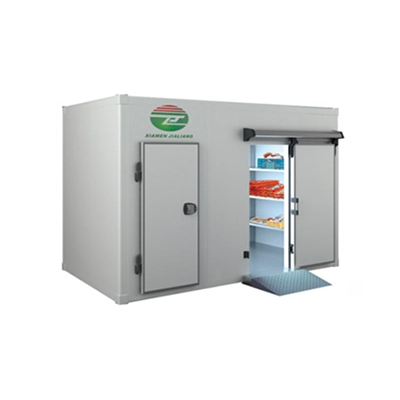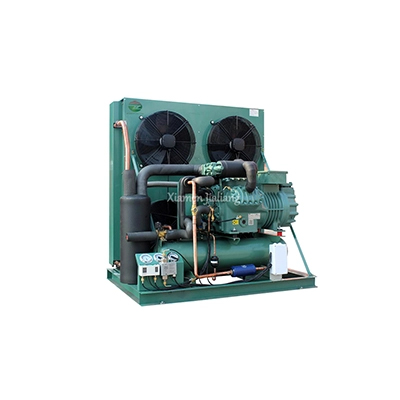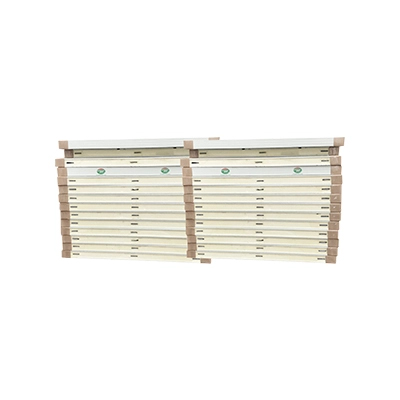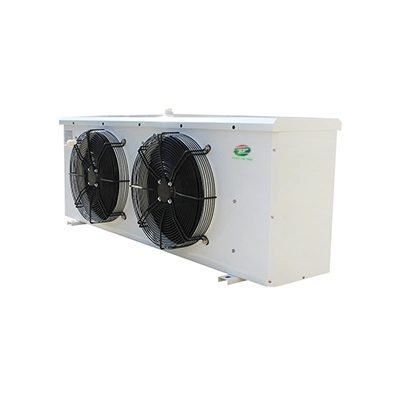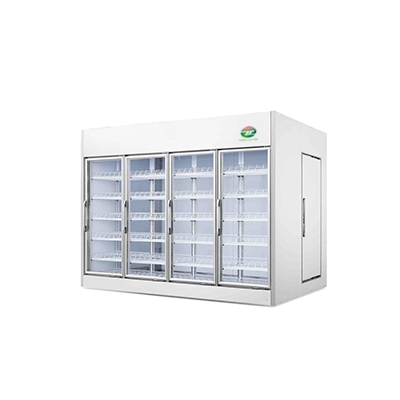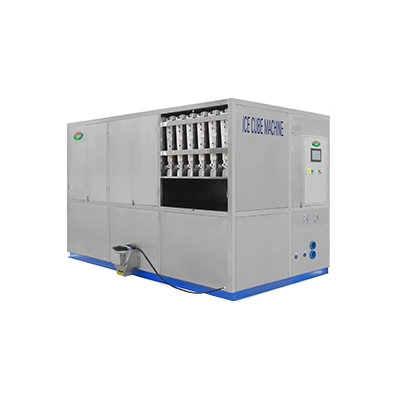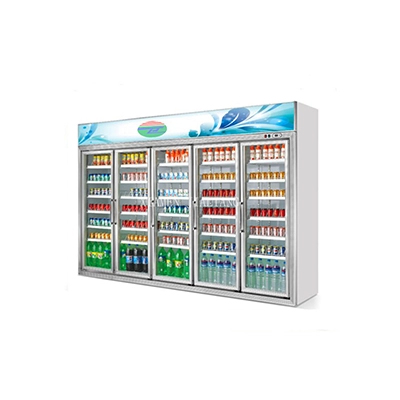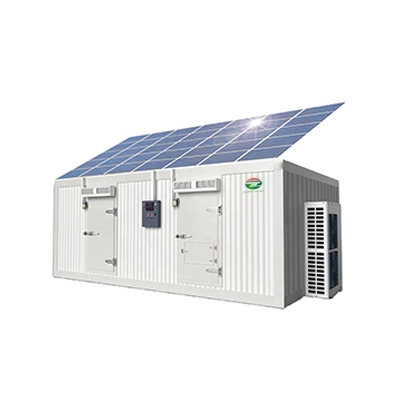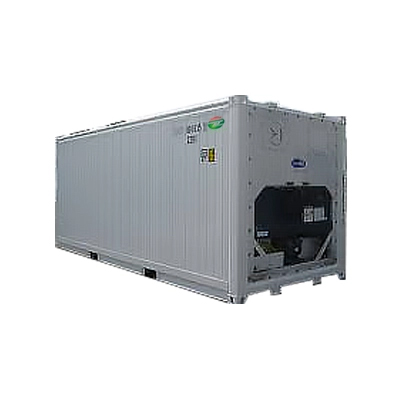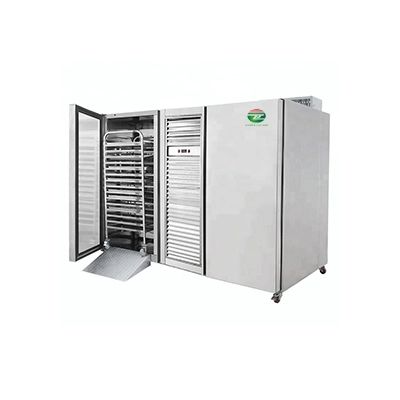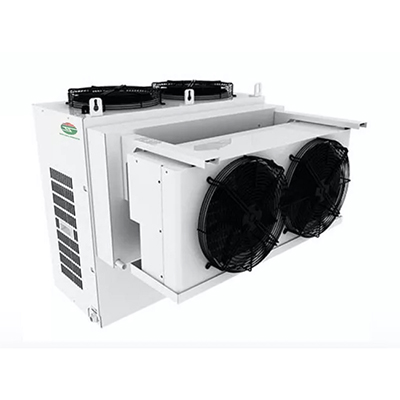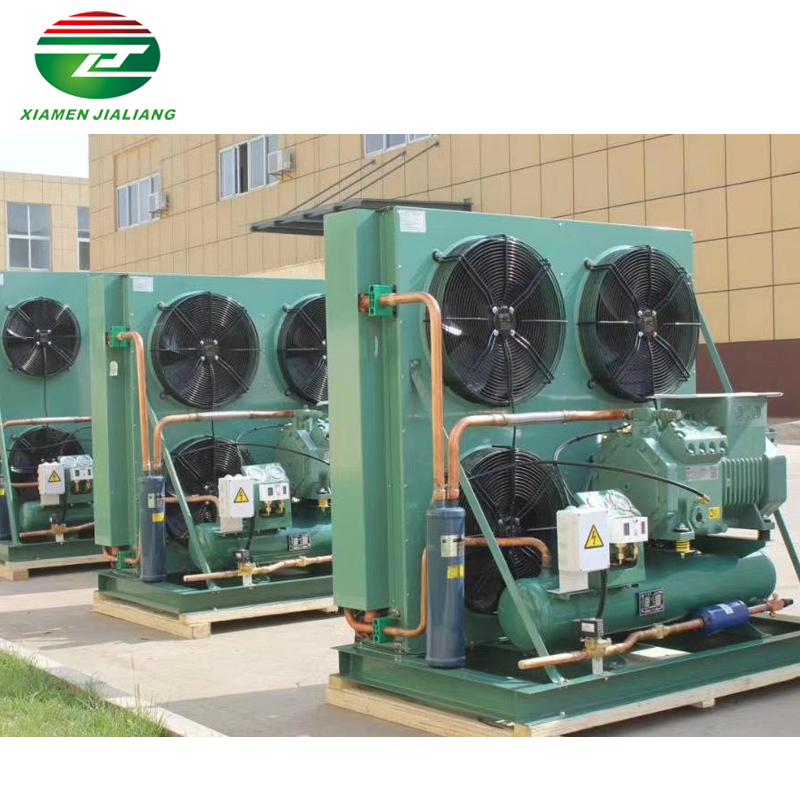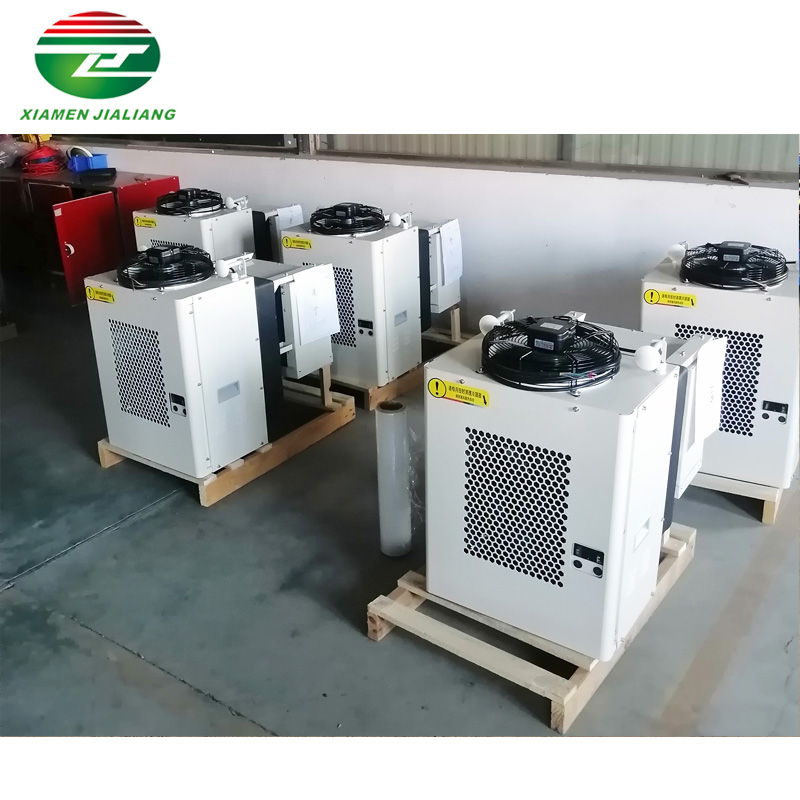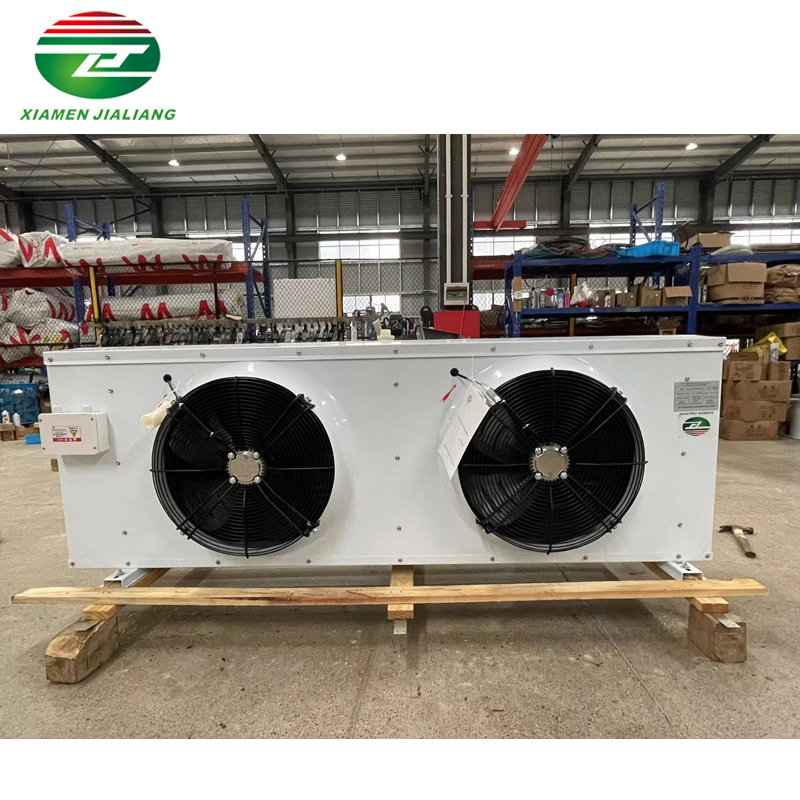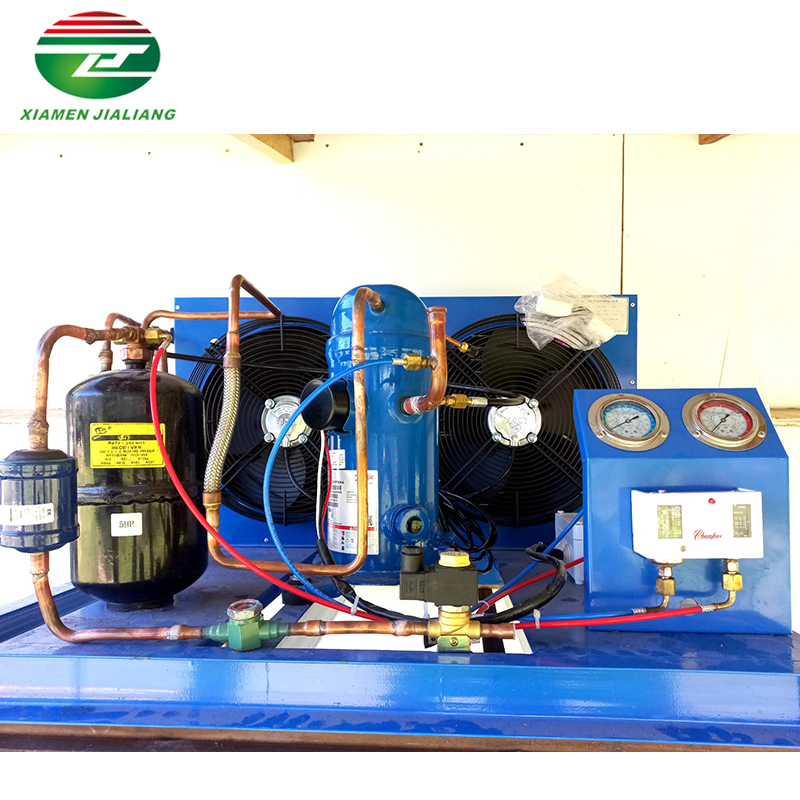Versatile Applications of Cold Rooms: Beyond Food Storage
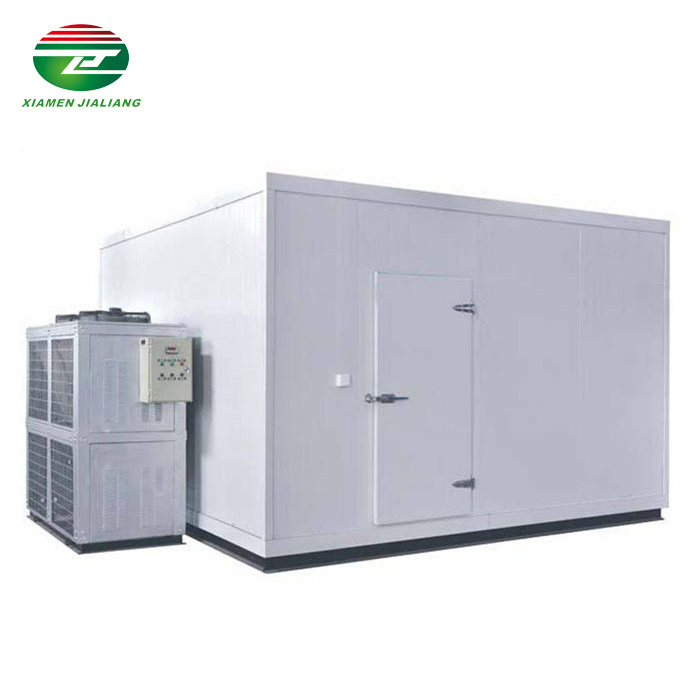
Cold rooms, commonly known for their ability to store perishable food items, have found a new range of applications beyond food storage. These versatile cold rooms have become indispensable in various industries due to their controlled temperature and humidity levels. In this article, we will explore the diverse uses of cold rooms in different sectors, highlighting their relevance and significance.
One notable application of cold rooms is in the pharmaceutical and healthcare industry. The precise temperature control provided by these rooms is crucial for storing medicines, vaccines, and other medical supplies that require specific storage conditions. Cold rooms ensure that the efficacy and potency of these sensitive products are maintained, ultimately playing a vital role in patient care.
Furthermore, cold rooms have proven to be valuable assets in the field of biotechnology and research. They provide a controlled environment for the storage of biological samples, cell cultures, and reagents. The ability to maintain stable temperature conditions is paramount in preserving the integrity and viability of these valuable materials, allowing researchers to carry out experiments and studies with reliable results.
In addition to healthcare and research, cold rooms have also found applications in industrial and manufacturing processes. Industries such as electronics, automotive, and aerospace rely on cold rooms to store sensitive components and materials. The controlled temperature prevents damage caused by heat or moisture, ensuring the quality and reliability of the final products. Cold rooms are essential in safeguarding the integrity of delicate equipment and preventing costly production errors.
As we delve into the various applications of cold rooms beyond food storage, it becomes evident that their versatility is unmatched. Whether it is in the pharmaceutical field, biotechnology research, or industrial processes, these controlled environments play a crucial role in maintaining product quality, preserving valuable materials, and ensuring the success of diverse industries.
Cold Rooms in Pharmaceuticals and Healthcare
Cold rooms play a crucial role in pharmaceuticals and healthcare industries. These specialized storage facilities are designed to maintain specific temperature and humidity conditions to ensure the integrity and efficacy of various products, such as vaccines, medications, and biological samples.
Cold rooms are essential for pharmaceutical companies as they help to preserve the potency and stability of sensitive drugs. Many medications require specific temperature ranges for storage to prevent degradation or loss of efficacy. Cold rooms provide a controlled environment that can be adjusted to meet the required temperature and humidity levels, ensuring the longevity of these medications.
In the healthcare sector, cold rooms are equally important. They are used to store blood samples, tissues, and organs for transplantation, ensuring their preservation and preventing contamination. The controlled environment of a cold room helps to maintain the quality and integrity of these samples, allowing medical professionals to conduct accurate tests and improve patient care.
The design and construction of cold rooms are critical to their functionality. They are equipped with advanced cooling systems, insulation materials, and temperature monitoring devices to maintain precise temperature control. The rooms are also equipped with backup power supply systems to ensure uninterrupted operation even during power outages.
Cold rooms are not only limited to pharmaceuticals and healthcare. They are also used in other industries such as food storage and distribution. For example, perishable food items like fruits, vegetables, and dairy products require specific temperature conditions to prevent spoilage. Cold rooms provide the ideal environment for storing and preserving these goods, extending their shelf life and minimizing wastage.
Cold Rooms in Biotechnology and Research
Cold rooms play a crucial role in the field of biotechnology and research. These specialized rooms are designed to maintain low temperatures, typically ranging from -20°C to -80°C, to preserve biological samples, reagents, and other sensitive materials. The importance of cold rooms in these industries cannot be overstated, as they provide the necessary conditions for storing and conducting experiments on various biological substances.
One of the primary applications of cold rooms in biotechnology is the storage of biological samples. These samples, such as cell cultures, DNA, RNA, and proteins, are often fragile and susceptible to degradation when exposed to higher temperatures. By storing them in cold rooms, researchers can ensure their long-term viability and integrity for future experiments and analysis. This is particularly important in the development of new drugs, vaccines, and therapies, where the stability of the biological materials is crucial for accurate and reliable results.
In addition to sample storage, cold rooms are also essential for maintaining the optimal conditions for conducting research experiments. Many experiments require specific temperature-controlled environments to ensure the accuracy and reproducibility of the results. Cold rooms provide a controlled atmosphere where researchers can manipulate variables such as temperature, humidity, and lighting to simulate real-life conditions. This enables them to study the effects of various factors on biological systems and make meaningful observations.
Furthermore, cold rooms are widely used in the pharmaceutical industry for the production and storage of medications and vaccines. These rooms are equipped with advanced cooling systems that ensure the stability and potency of the drugs throughout their shelf life. Cold rooms also play a vital role in the transportation of temperature-sensitive pharmaceutical products, as they provide a controlled environment to prevent spoilage or degradation during transit.
To maintain the functionality and efficiency of cold rooms, regular maintenance and monitoring are essential. Temperature fluctuations, equipment malfunctions, and power outages can have detrimental effects on the stored materials. Therefore, it is crucial for biotechnology and research facilities to invest in reliable monitoring systems that can detect any deviations from the desired temperature range. Additionally, proper organization and labeling of the stored samples and materials are important to facilitate easy retrieval and minimize the risk of cross-contamination.
Cold Rooms in Industrial and Manufacturing Processes
Cold rooms play a crucial role in industrial and manufacturing processes, providing the necessary temperature-controlled environment for a wide range of products and materials. These specialized rooms are designed to maintain specific low temperatures, ensuring the quality, integrity, and longevity of various items.
In the industrial sector, cold rooms are commonly used to store perishable goods such as food and pharmaceuticals. These rooms are equipped with advanced cooling systems that allow precise temperature control, ensuring that the products remain fresh and safe for consumption. The cold storage environment also helps to slow down the growth of bacteria and other microorganisms, extending the shelf life of these items.
Manufacturing processes often require the use of cold rooms to maintain optimal conditions for certain materials. For example, in the production of electronics, cold rooms are utilized to control the temperature during the assembly and testing phases. This is crucial as extreme temperatures can affect the functionality and reliability of electronic components. By utilizing cold rooms, manufacturers can ensure the quality and performance of their products.
Furthermore, cold rooms are also essential in the pharmaceutical industry. Many medications and vaccines require strict temperature control to maintain their effectiveness. Cold rooms provide the necessary conditions to store these sensitive products, preventing any degradation or loss of potency. This is particularly important for vaccines, as any compromise in their efficacy can have severe consequences on public health.
In addition to temperature control, cold rooms offer other benefits in industrial and manufacturing processes. They provide ample storage space, allowing businesses to stockpile large quantities of products or materials. This can be particularly advantageous during peak seasons or when there are fluctuations in supply and demand. Cold rooms also help in inventory management, ensuring that companies have a steady supply of goods readily available.
Conclusion
Cold rooms are crucial in the pharmaceuticals and healthcare sectors as they provide a controlled environment for preserving and storing sensitive medications, vaccines, and biological samples. They ensure the integrity and efficacy of these products, contributing to improved patient care and public health. In the biotechnology and research fields, cold rooms are indispensable for storing and experimenting with biological samples and materials. They help maintain the integrity and viability of samples, as well as enable accurate and reproducible experiments. Cold rooms are also vital in industrial and manufacturing processes, as they maintain low temperatures and provide a controlled environment for preserving the quality and effectiveness of various products. They play a vital role in storing perishable goods, facilitating manufacturing processes, and ensuring the potency of pharmaceuticals. With advanced cooling systems and precise temperature control, cold rooms are valuable assets for businesses looking to optimize operations and deliver high-quality products to consumers.

